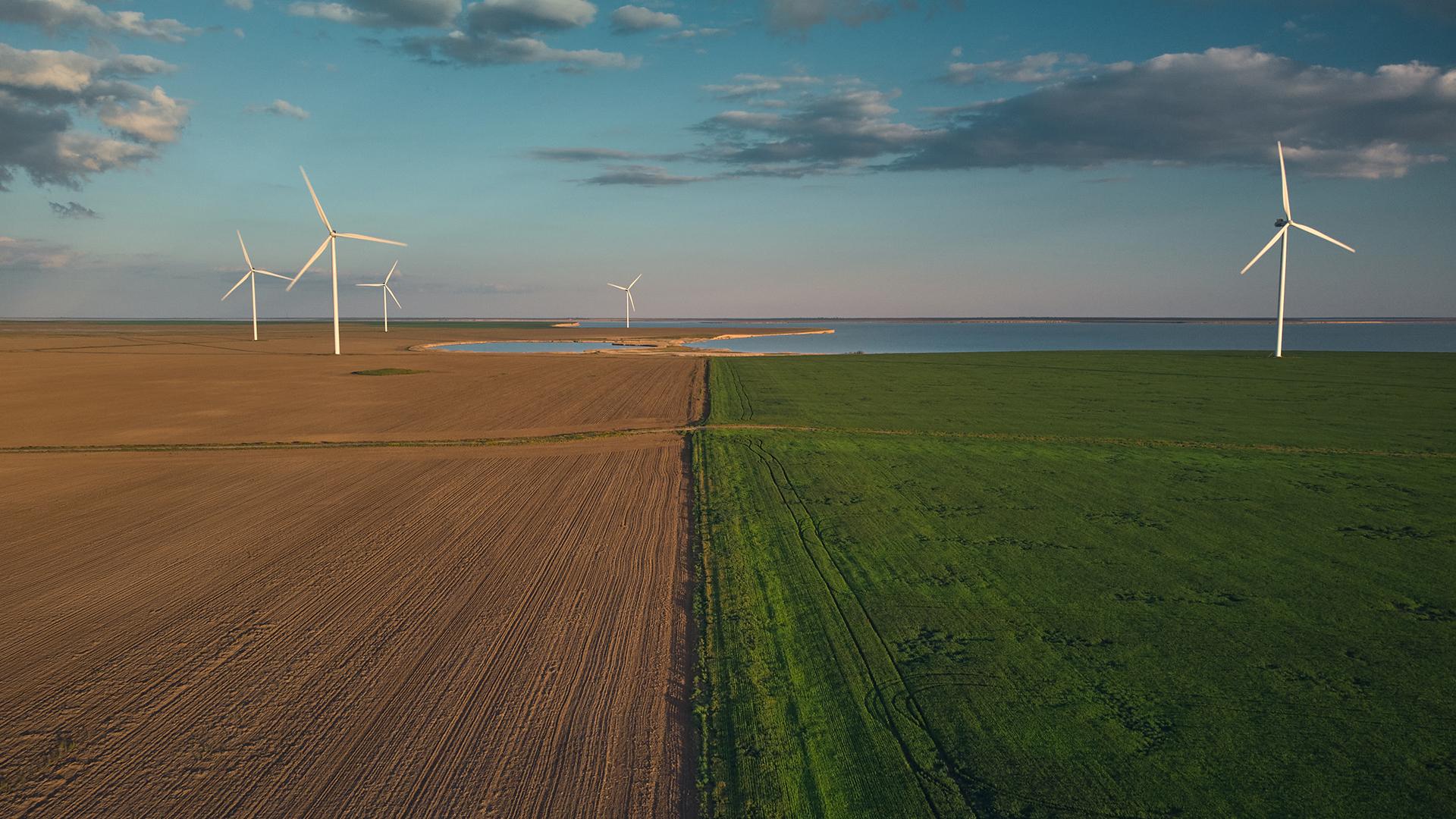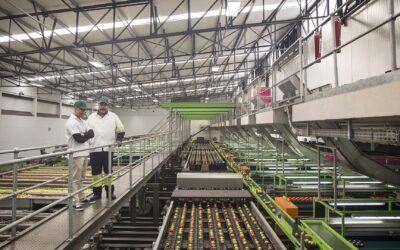As a result, farmers’ profits are dwindling. Local farms, including some in the world’s most fertile lands, are on the decline. Consequently, building a viable business has become more challenging, and the farmers need to find ways to work smarter and not just harder.
Historically, agricultural facilities invested immense amounts of time, money, and effort in ordering, unloading, storing, planting, monitoring, cultivating, and ultimately harvesting crops. New smart farming technologies can offer new ways to streamline the workflow, improve operations, and by doing so, create more robust businesses.
IoT’s Bright Agricultural Future
The Internet of Things (IoT) is the linchpin in this transformation. Intelligent sensors are placed throughout a farm, acting as the farmer’s eyes and ears, collecting information on crop and equipment performance. One of the most valuable features of IoT technology is its ability to extend visibility to new endpoints. Empowered with real-time monitoring and analytics systems, farmers gain more insight into their operations, and the ability to manage them more effectively. Here are some of the ways that smart farming improves agricultural enterprises and will continue to do so in the future:
#1: Monitoring Crop Growth
IoT in the agriculture industry helps farmers improve the quality of the crops and the fertility of the land. Sensors collect nutrient density information, so farmers can adjust the amount of fertilizer used. If signs of infestation arise, regulating pesticides can be used to eliminate the invasion. In essence, data-driven agriculture empowers farms. Information received allows for the adjustment of activities reflecting the current conditions, manages the crop cycle more easily, gains efficiency, and enhances crop growth.
Read more here.
IoT For All is a leading technology media platform and trusted voice for IoT where professionals, newcomers, and experts share insights, knowledge, and experience for the betterment of the whole IoT ecosystem.We are where buyers and sellers will come together online and in person to grow their businesses. Our IoT For All Community is a partner to the builders, buyers, and thought leaders in IoT. We value our responsibility to inform and advocate for the industry, while supporting the companies making IoT a driving force for the Digital Transformation Revolution.



